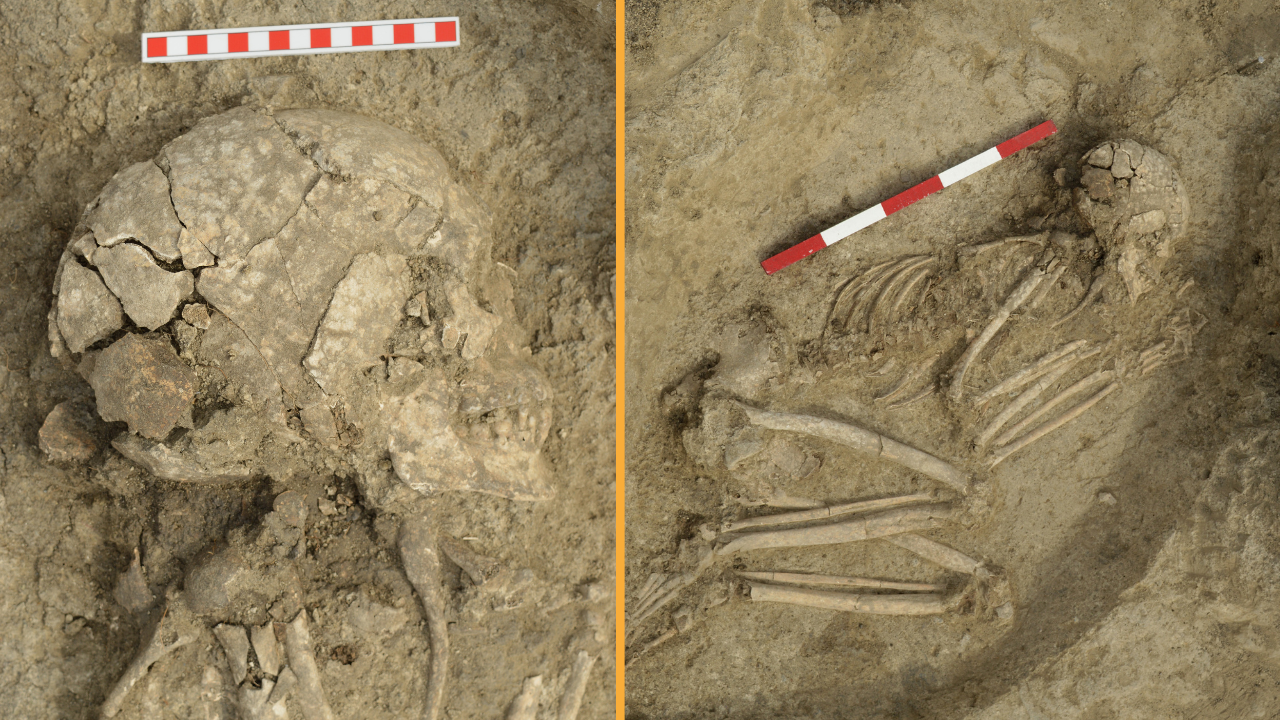Education Important For Escaping Poverty
People born into poverty are likely to continue to live that way as adults. But researchers are discovering a way out — education.
Children reared in disadvantaged communities and poor families earn less money and experience more health problems as adults than do children raised without adversity, according to researchers.
"Early adverse life experiences, such as community or family poverty, have a detrimental effect on young adults' social economy attainment — income, assets and job quality," study researcher Kandauda Wickrama, of the University of Georgia, said in a statement. "Living in an adverse environment during childhood has a persistent, long-term affect on young adults. Although you can change the place where you live, clearly early adverse experiences are under your skin."
The new research found that level of educational achievement moderates these influences of earlier life experiences on young adults' socioeconomic attainment.
Asset attainment
Community poverty, African-American and Mexican-American ethnic status and being female negatively influenced the level of young adults' assets significantly, while Asian and Cuban ethnic status, family income, consistently married parents and self-esteem increased the level of young adults' earnings significantly.
The study was published in the April issue of the Journal of Youth and Adolescence.
Get the world’s most fascinating discoveries delivered straight to your inbox.
Using the proportion of families living below the poverty line as a measurement for community poverty, the research showed about a $10,000 decrease in asset value for each doubling in percentage of people living below the poverty line. But, this negative effect for lower educated younger adults is large, a $141,000 reduction in asset value.
Using a nationally representative sample of more than 12,000 adolescents from a longitudinal study by AddHealth, the research shows that minority race and ethnicity status also adversely impacts young adults' socioeconomic attainment. On average, African-Americans earn $5,330 less per year than Caucasians from the same community. Mexican-Americans earn $3,960 less yearly when compared to similar Caucasians.
"The literature shows that these are irreversible damages, but our findings show you can reverse some of this," he said, "specifically through education."
Educational improvement
This gap can be lessened with education, the researchers said. For African Americans, average annual income increases $6,700 for each gain in education, from high school graduation through college.
"In general, early community poverty has a negative influence on young adults' assets, income and job quality," said Wickrama. "However, this negative influence is not significant for highly educated young adults."



